Amidst mounting concerns that the Trump administration is considering green-lighting mining near the Grand Canyon and on other federal lands—further fueled by a report released Tuesday by the Commerce department which called for speedier permitting of mining operations and a "thorough review" of all mining bans on federal lands—conservation groups and other organizations are cheering a recently introduced bill that would permanently ban uranium mining on lands surrounding the Grand Canyon.
The bill, HR 1373, The Grand Canyon Centennial Protection Act, was introduced in March by Congressman Raul Grijalva (D-AZ). The act would render permanent a mineral withdrawal put in place in 2012, which halted new mining claims on about one million acres of land surrounding Grand Canyon National Park.
“As outdoorsmen, we know that the impact of water contamination and habitat fragmentation is real,” said Nathan Rees, Arizona field coordinator for Trout Unlimited. “Uranium mining near the Grand Canyon is unacceptable given the best science available and the known risks to our natural resources, the economy of Northern Arizona, and the communities that depend on Colorado River water. Access to clean water is crucial to the very survival of the fish and wildlife in this arid region. Small streams and seeps that may not be visibly connected on the surface will provide conduits for that contamination to locations far from the original source and ultimately to the Colorado River.”
Testifying before a House Natural Resources subcommittee hearing on Wednesday, Michael Nedd, deputy director of operations at the Bureau of Land Management, criticized the bill as overreaching. He noted that the Trump administration prioritizes domestic mineral production, especially uranium. Nedd even suggested that, should Congress take action to permanently ban mining on Grand Canyon lands, the administration would recommend “boundary adjustments to ensure local availability of mineral materials for nearby communities and to enable environmentally responsible development of critical minerals, such as uranium."
Randy Spivak, Public Lands Director for The Center for Biological Diversity called Grijalva's bill a "no brainer." Adding that, "Uranium mining next to one of the world’s natural wonders and the West’s largest watershed has never made sense." Spivak highlighted the region's "incredible" species diversity, "including more than 2,000 plants and animals ― some of them threatened or endangered, and some found nowhere else on the planet including mountain lions, goshawks, condors, spotted owls and a myriad of migratory birds."
But protecting The Grand Canyon and its surrounding lands from mining threats is about more than just protecting its landscapes and waters and little-known species of flora and fauna. The canyon and its surrounding lands are an enormous driver Arizona's economy, bringing in hundreds of millions of dollars to the state each year. Grand Canyon National Park supports 12,000 jobs and injects $680 million into Arizona’s economy annually. Add in the fact that uranium mining has a dark and dirty history, one that has left U.S. taxpayers footing the bill for mining cleanup to the tune of $1.5 billion, and it's hard not to agree with Spivak's take.
“Mining is an important part of our economy and we recognize that sometimes tradeoffs are necessary,” Rees said. “But some places are too special for development and uranium mining, in this region. isn't worth the risks"






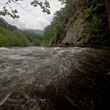

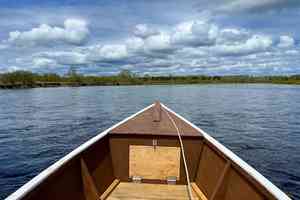




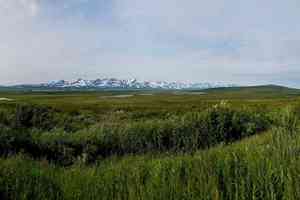

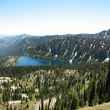

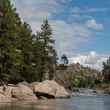








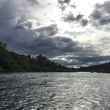

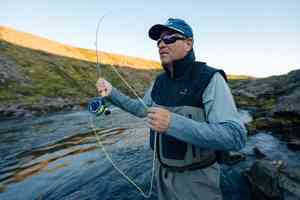




Comments